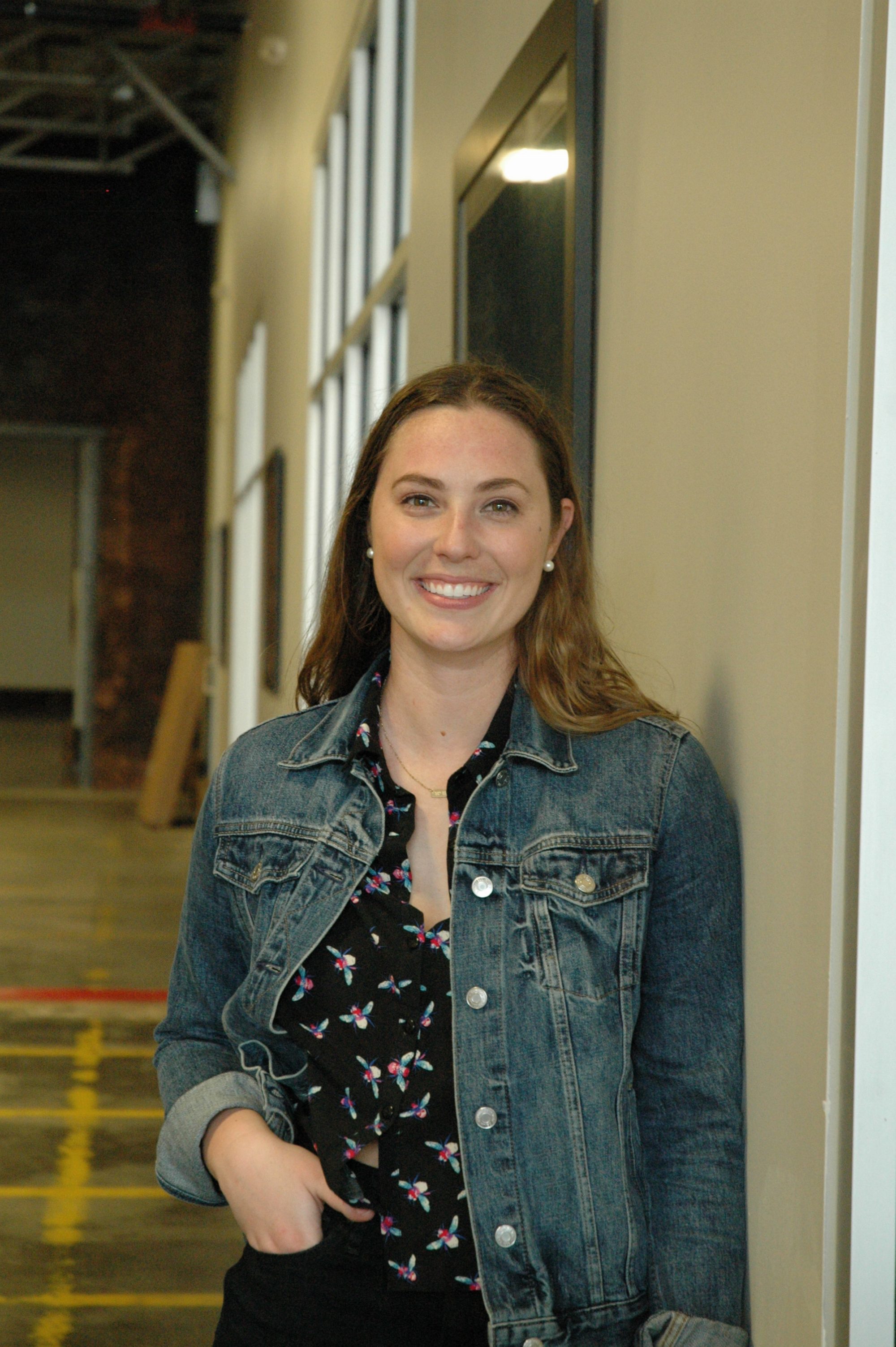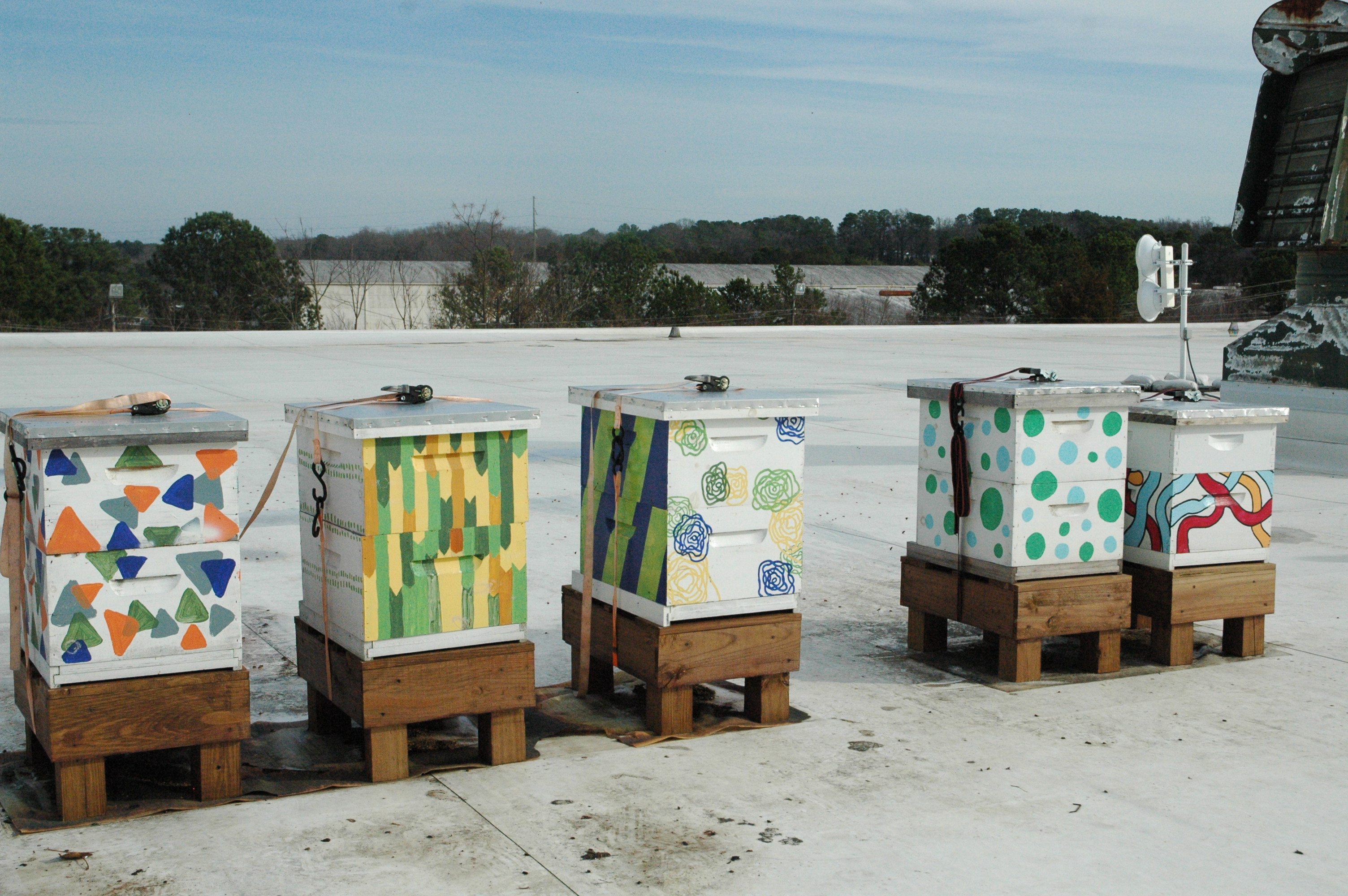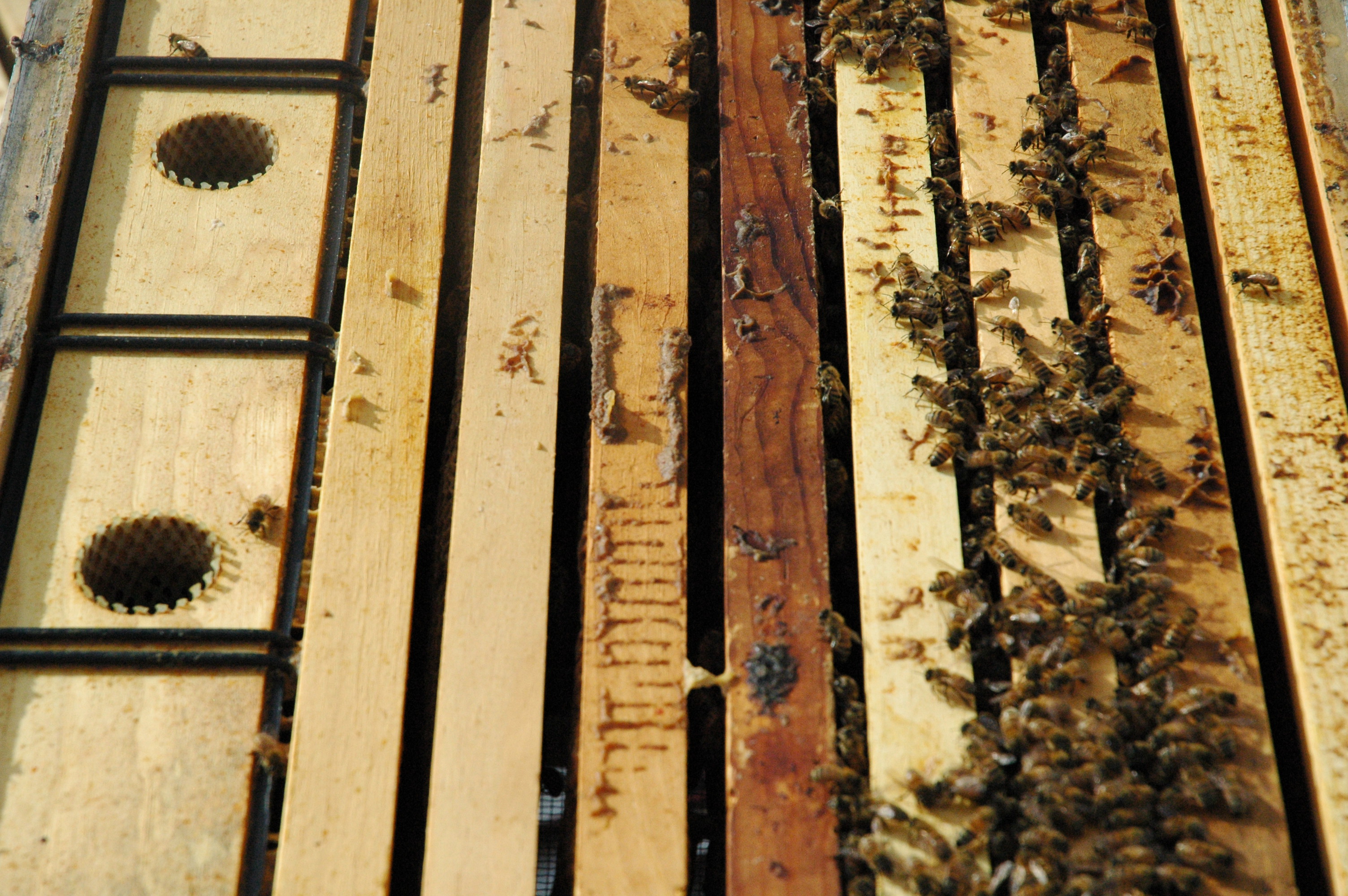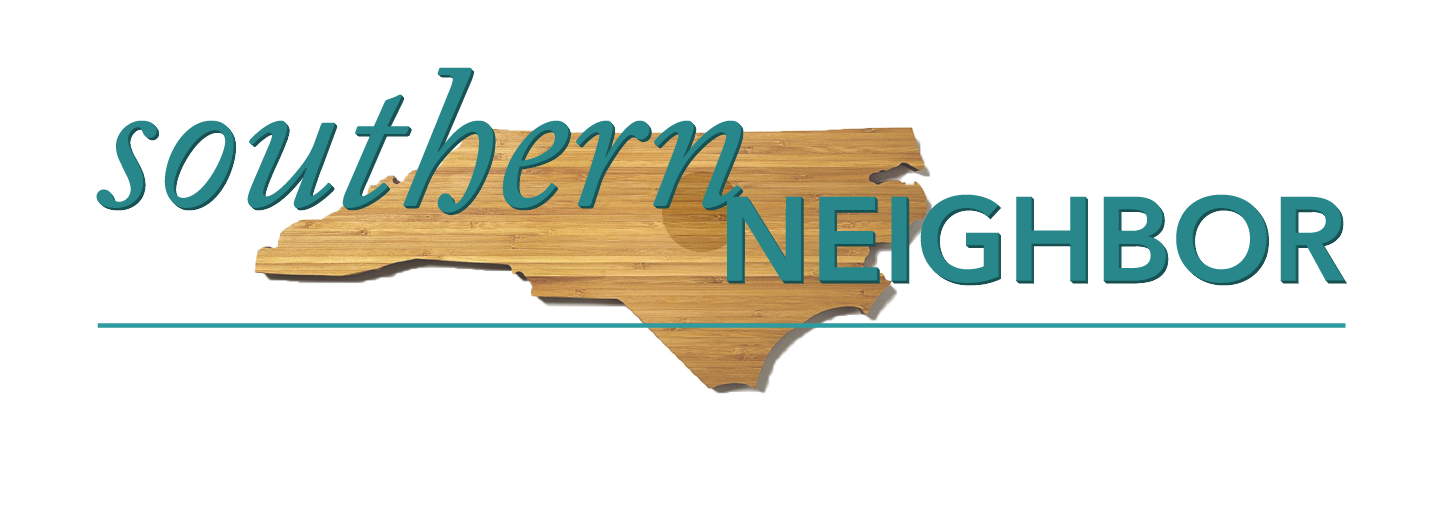Bee Downtown helps pair corporations with not only beehives but also a total environmental sustainability program, helping pollinators and business’ footprints. Contributing Editor Mary Kate Nolan sat down with Bee Downtown founder Leigh-Kathryn Bonner to find out what the buzz about the company was all about.
—
Southern Neighbor: When did you begin this venture and what inspired you to start it?
Leigh-Kathryn Bonner: I started Bee Downtown when I was a junior at N.C. State University, so about three and a half years ago now I guess. And I am a fourth generation beekeeper. Couldn’t keep a beehive at my apartment complex while I was in school and I was interning for the American Tobacco Campus in Durham and I asked the owners if they would be OK with me putting a beehive on one of their rooftops, because studies show that honeybees thrive in urban environments and so they said, “Absolutely, go for it. This campus was built on agriculture and we would just love to help preserve that history of American tobacco as well.” And then Burt’s Bees World Headquarters is on American Tobacco’s campus, so we started keeping bees for Burt’s Bees and then word kind of spread about the beehives and the rooftop hives and other companies started saying, “Hey, could you do this for us?” And I love nature, I love agriculture, and to be able to instill, to kind of rebuild that history in cities and share a story that is one that is a story of hope and joy, is one that has caught on and we’ve been very fortunate and blessed to have so many people that want to be part of our team — we call it “the bee team” — and, you know, help us get over 100 hives in North Carolina with companies like SAS and IBM and Blue Cross and Blue Shield. It has just been awesome to see.

Leigh-Kathryn Bonner, founder of Bee Downtown.
SN: So, why bees? There are a lot of pollinators — what makes bees special?
LB: Our hope is to help all pollinators through telling the story of the bees because (with) other, native pollinators, it’s harder to quantify what’s going on with them because they’re not as social of an insect. The honeybees are managed by beekeepers so we have better data surrounding what’s going on with those bees and why they’re declining, and so that gives us a platform to share a much broader story through the eyes of the hive.
SN: Is there anything that typical citizens can do to help the cause in their daily lives?
LB: Yeah, so planting pollinator-friendly plants is huge. Not spraying, not spraying a ton of Roundup and harmful chemicals on your property, allowing there to be natural areas for all different pollinators to live in. One of our sayings is, “Make meadows, not lawns,” because lawns are one inch of grass and there is not much that can live in that, but if you have a meadow, if you have natural areas at your house, at your office, that allows natural pollinators, native pollinators, to have a home.
SN: That sounds like a really beautiful motto. Do you guys do any type of community outreach to get people informed about and involved with the cause?
LB: We are not a nonprofit, we are for-profit. But we use part of what we make every year to go to school systems and teach about sustainable agriculture and honeybee education in school systems. So, a lot of teachers don’t have the money or the opportunity to take kids on field trips or bring people in and we cover the cost so that we can go to the schools, bring a clear beehive and educate and get kids excited about where their food comes from and a link to agriculture. And then we do events in the community throughout the year to just try to bring people together and build a community, kind of like a bee hive, where people are talking to each other. They are putting their phones down, they are learning together and that is so important to us.
SN: What makes you a good partner for companies?
LB: Bee Downtown started as just beehives for companies but then companies said, “Hey, can you help us with social media? Can you help us with our environmental report this year, to help us understand what impact the bees are making in our community? Our employees love the bees. Can they come and do classes with us?” So, we’ve built this whole program that it’s not just you’re getting bees on your campus. It’s you’re getting a fully built-out environmental initiative paired with a one-of-a-kind employee engagement solution for enterprises so that the bees are able to have a place to live that is in one location. They’re not being moved. It’s a stable place to live. And the employees are able to take leadership courses at the beehives to get out of the office and we’re building environmental reports for these companies and so that has been something that is very rare, for a company to be able to say, “We want all of this but we can’t get it with one program.” And for Bee Downtown, we are actually the answer to that. And that’s where we’ve seen so much success in what we’ve been doing. We’ve listened to what our partners need and we’ve listened to what the bees need and have tried to pair that together. Everything we do is for the good of the hive and that hive is not just the bees but it is all of the companies we work with as well. They’re each their own hive and we want to be able to do good for them as well.


Bee Downtown’s hives on top of Loading Dock Raleigh.
SN: What effects of your work have you seen so far?
LB: We’ve added about 6 million honeybees to the Triangle over the last three years that are managed at the highest standards possible. And so, the effect of that is just having healthy hives in the area and for us to be able to use our business as an opportunity to get people connected with beekeeping clubs in the area, have people take classes that want to become beekeepers and we’ve just seen this community get so excited about the bees and we’ve seen children wanting to become beekeepers after we go to their school and schools raising money to help save the bees and businesses are winning awards for being environmentally-friendly companies because of the hives that they have on their campuses. And so, the analogy that we use is that, “By herself one honeybee makes one twelfth of a teaspoon of honey in her entire life, but together a hive can generate over 80 pounds of honey in a matter of months.” So, if we, as businesses, as a community, as leaders can work together like a hive, we can collectively create a lasting change in the world that we’re all proud to be a part of.

SN: Where do you see Bee Downtown going in the future? Do you have any plans to expand even further?
LB: Yeah, we would love to see Bee Downtown in every major city across the U.S. and we’ll pair that with a product line, as well, that is sustainably sourced and ethically sourced. And it’s just, everything we’ll do though is for the good of the hive. So if it does not fit with our mission and our values as a company we won’t do it. But we’ve been able to so far successfully help the bees share their story. They’re an indicator species. They’ve been around for over 100 million years and they’re, they’ve quietly provided us with all that we’ve needed without ever asking for anything in return and with their decline we’re seeing that they’re trying to tell us something isn’t right. So, as Bee Downtown grows, that platform to just speak for the bees — you know, it’s like The Lorax, “We speak for the trees” — but our hope is that Bee Downtown and the companies and the community members that support us, we can speak for the bees and create a change in not just how we live our lives, but the mindset of, “Are we going to leave the world in a better place than how we found it?”
